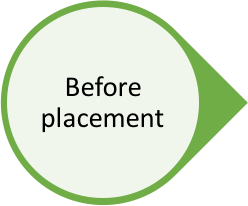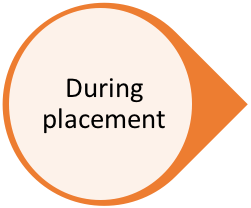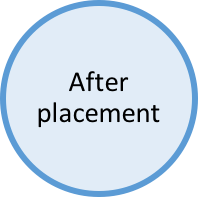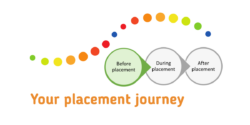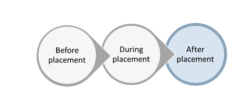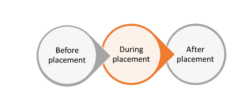Degree Apprenticeships Toolkit
We’ve pulled together a checklist of things for university departments to consider when proposing to get involved in degree apprenticeships. It’s still evolving so please do contact us if you have experience or advice you would like to add.
Structure
The overall structure of a degree apprenticeship proposal needs full attention to all of the details that would go into a mainstream university undergraduate programme, and to all the details that would go into a normal programme of 18-year-old entry into employment. These have to be agreed in advance. They have to meet the constitution of the university and also the demands of the employers – but with the overriding consideration that they must be designed in accordance with the relevant national apprenticeship standards. They have also to be structured in ways that deliver the value sought by the apprentices/students.
The national the apprenticeships standards model (as opposed to the previous apprenticeship frameworks), define the curricula and expected outcomes of any degree apprenticeship. The rules for apprenticeships mandate that these standards are developed by consortia of employers and relevant professional bodies (plus potentially one or more education providers). These are termed “Trailblazers”.
The first raft of these “Trailblazer” degree apprenticeship standards have been developed and are available for delivery now. Both these and any future new degree apprenticeship programmes are required to be structured either as:
- a fully-integrated apprenticeship degree course which delivers and tests both academic learning and the vocational skills needed by the job role or
- a degree programme to deliver the academic knowledge requirements, plus additional training to meet the full apprenticeship and a separate test of full occupational competence at the end of the apprenticeship ( for example, delivered by a relevant professional body)
Where can I find a list of approved degree apprenticeship standards?
Apprenticeship standards: Skills Funding Agency (updated 20th May, 2016)
List of all the apprenticeship standards (updated 20th May, 2016)
Length and structure of programme
With the above in mind, the study mode has to be agreed, and this then forms the core of the contractual agreement that is to be entered into. The balance of study ‘guidance’ is 80/20, with the 80 taking place wholly or mainly on employers’ premises and the 20 at the HEI. The standard university undergraduate programme is three years; and while spreading the degree apprenticeship out over 4 or even 5 years may look superficially attractive, this has to be seen in the light of the expectations of the 18-year-old to make progress and demonstrate achievement over a lesser period. If there are to be retention or penalty clauses for early departure from the programme, these have to be written in and made clear. See our case study for the innovative approach taken by the University of Sheffield.
Any views, thoughts, and opinions expressed herein are solely that of the author(s) and do not necessarily reflect the views, opinions, policies, or position of the Engineering Professors’ Council or the Toolkit sponsors and supporters.
